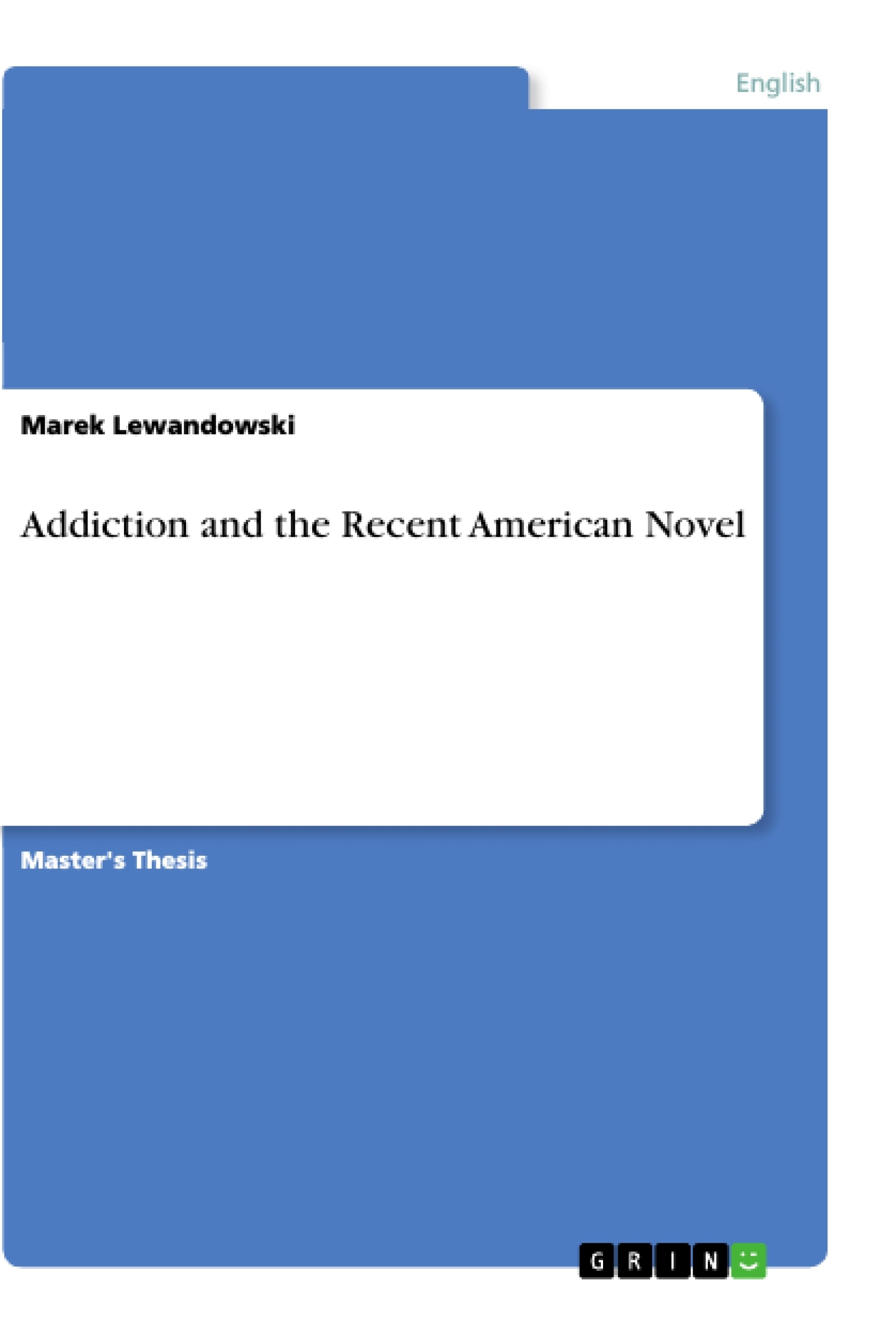In order to begin to explore the evolution of the notion of ‘addiction’, and understand how it has become an integral element of today’s reality, it is first important to establish a historical foundation by resorting to the reports of individuals who we know were involved in substance use, some of whom perhaps did not experience the burden of addiction themselves, but knew or cared for addicts. These texts were an appeal to the imagination; expressions of misery, loss, and degradation. They open up the history of addiction and give valuable insight into how tendencies changed over time; how present-day social norms, values, and beliefs on the topic formed; and what led to the mechanism of addiction becoming firmly ingrained into Western society.
Romanticism was fascinated by the irrational quality of dreams, nightmares, reveries, and hallucinations. Many of the pleasures and pains of De Quincey’ s ‘love affair’ with his chosen substance were shared by writers like Coleridge, whose stories of composing poetry, like the one of how he found inspiration to compose ‘Kubla Khan’ (1797), showed clearly the role that intoxicants and the dreams induced by them played in the process of imaginative creation. Molly Lefebure’s narco-biography of Coleridge, A Bondage of Opium (1974), effectively argues, that he and De Quincey supplied an early typology of ‘the addict’: ‘their lives were itinerant, they left grand literary schemes unfulfilled, and they were dogged by poverty and squalor’ . Also, Fanny Trollope, in late middle-age, is known to have established a routine of writing her books by night, ‘helped by laudanum and green tea’.
Inhaltsverzeichnis (Table of Contents)
- List of abbreviations
- Introduction
- Defining Addiction
- The Modern Addict
- Bright Lights, Big City and Less than Zero: The Vicious Cycle
- White Noise: Addiction and the Fear of Death
- Fight Club: Breaking the Habit
- Bibliography
Zielsetzung und Themenschwerpunkte (Objectives and Key Themes)
This thesis explores the evolution of the concept of addiction in American literature, particularly in the context of the recent American novel. It examines how addiction has become a central theme in contemporary narratives, reflecting societal anxieties and the impact of drug use on individuals and society.
- The portrayal of addiction in modern American literature
- The relationship between addiction and societal anxieties
- The impact of addiction on individual identity and agency
- The influence of drug use on narrative structure and themes
- The role of addiction in shaping the modern American experience
Zusammenfassung der Kapitel (Chapter Summaries)
The introduction traces the historical evolution of the concept of addiction, exploring its origins in 19th-century literary works like De Quincey's Confessions of an English Opium Eater. It also examines the influence of Romanticism and the role of opium in the creative process of writers like Coleridge and Shelley.
Chapter one explores the portrayal of addiction in modern American literature, focusing on the works of Jay McInerney, Bret Easton Ellis, and Don DeLillo. It examines the impact of addiction on the characters' lives, their relationships, and their perceptions of reality.
Chapter two delves into the themes of addiction and the fear of death in DeLillo's White Noise. It analyzes how addiction becomes a metaphor for the characters' anxieties about mortality and the fragility of life in a technologically advanced society.
Chapter three analyzes Fight Club by Chuck Palahniuk, exploring the connection between addiction and the desire to break free from societal norms and consumer culture. It examines how addiction becomes a tool for rebellion and self-discovery in the context of a society obsessed with material possessions.
Schlüsselwörter (Keywords)
The key concepts explored in this thesis include addiction, modern American literature, societal anxieties, drug use, individual identity, agency, narrative structure, themes, and the modern American experience. The works of Jay McInerney, Bret Easton Ellis, Don DeLillo, and Chuck Palahniuk are analyzed to understand how addiction has shaped the recent American novel.
Frequently Asked Questions
How is addiction portrayed in recent American novels?
Contemporary novels often use addiction as a metaphor for societal anxieties, the loss of identity, and the struggle against consumer culture.
What is the historical origin of addiction in literature?
The concept evolved from 19th-century Romanticism, with works like De Quincey's "Confessions of an English Opium Eater" shaping the early typology of the addict.
How does Don DeLillo's "White Noise" treat addiction?
In "White Noise," addiction is linked to the characters' overwhelming fear of death in a technologically saturated society.
What role does addiction play in Chuck Palahniuk's "Fight Club"?
It is portrayed as a tool for rebellion against societal norms and a way for characters to break free from the "vicious cycle" of consumerism.
Who are key authors discussed in the context of the modern addict?
The thesis focuses on Jay McInerney, Bret Easton Ellis, Don DeLillo, and Chuck Palahniuk.
- Quote paper
- Marek Lewandowski (Author), 2012, Addiction and the Recent American Novel, Munich, GRIN Verlag, https://www.grin.com/document/594164



